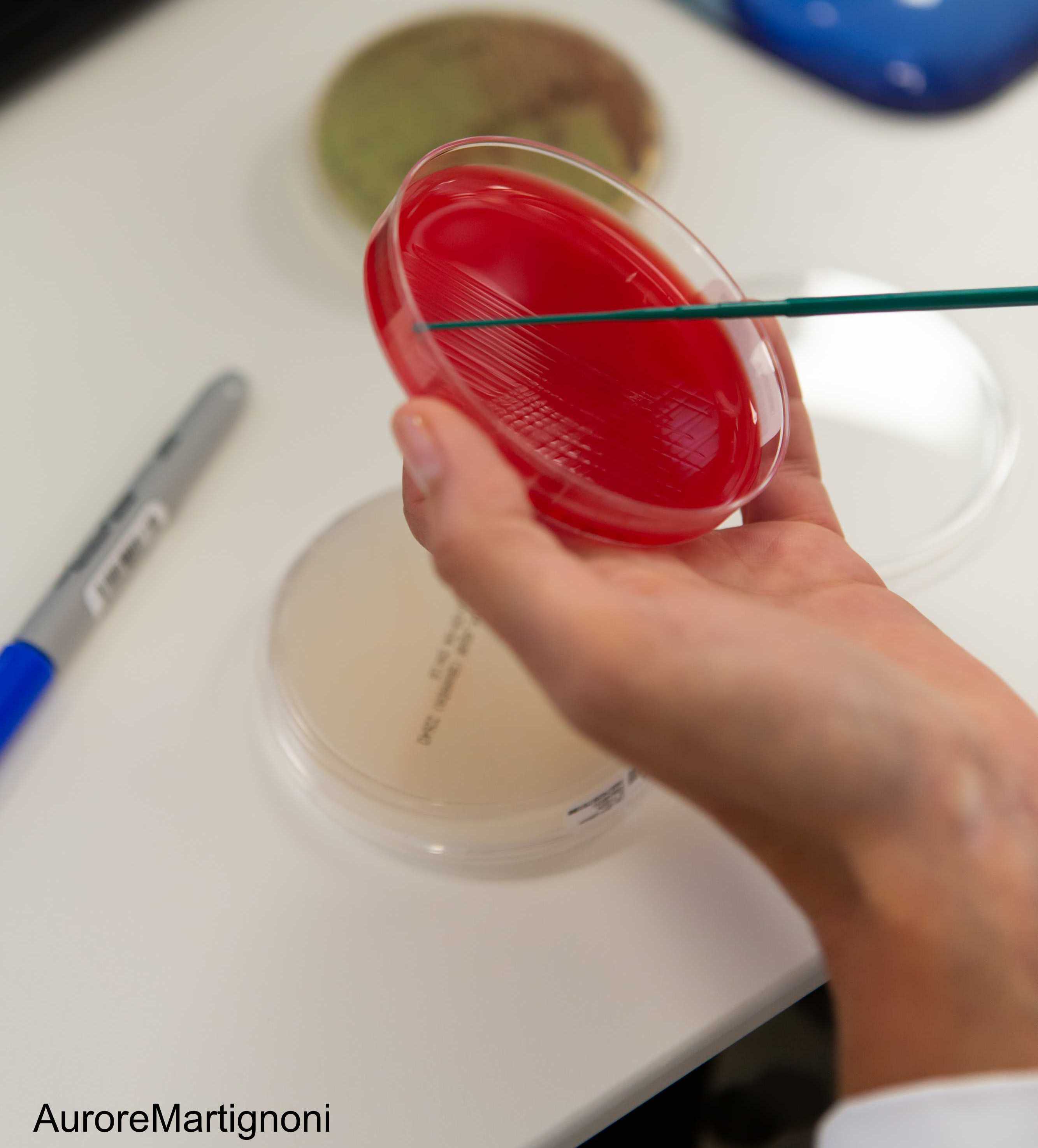Right and necessary step - We must ensure that patients, hospitals and research institutions remain equipped with necessary diagnostic tests
The European Commission today proposed extended transition periods for certain in vitro medical devices to avoid supply shortages. Already in 2017, the EU institutions agreed on a new regulation on in vitro diagnostic medical devices, which will enter into force in May 2022. This regulates market access for all medical devices for medical laboratory testing of samples derived from the human body (IVDs), such as HIV tests, pregnancy tests or corona tests. The health policy spokesperson of the largest group in the European Parliament (EPP-Christian Democrats), Dr. Peter Liese, welcomed the proposal. "Already before the summer break, together with colleagues from all democratic groups in the European Parliament, I wrote to the Commission in order to find a solution to any bottlenecks.The Regulation remains right, necessary and in force. The extended transition periods proposed today will ensure that patients, hospitals, research facilities and other medical institutions will continue to be equipped with all the necessary diagnostic tests after the new regulation enters into force in May 2022," said the doctor and MEP.
Liese, who was the European Parliament's rapporteur for the regulation, explained that a major innovation of the regulation concerned the inclusion of independent conformity assessment bodies, so-called notified bodies. "With the new regulation, the inclusion of these notified bodies will increase from about 8 per cent to about 80 per cent. Due to the difficulties during the Corona crisis and the fact that experts had to concentrate on the development of the Corona tests, there were delays in the implementation. As a result, only six notified bodies have been established so far and, without changes to the regulation, there is a threat of significant supply problems from May 2022. Companies struggle to keep their sometimes even vital diagnostic products on the market, or bring them to market, because notified bodies are missing or not operational, leaving manufacturers unable to carry out the legally required conformity assessment procedures in a timely manner. The proposed changes will address this problem."
The European Parliament and Member States must now agree on the final text of the regulation. "In the interest of health protection and planning security, I hope for a quick procedure. The Commission has rightly chosen a risk-based approach, which I believe the European Parliament can support as well as the Member States, so that the supply of the products is not at risk," Liese concludes.


